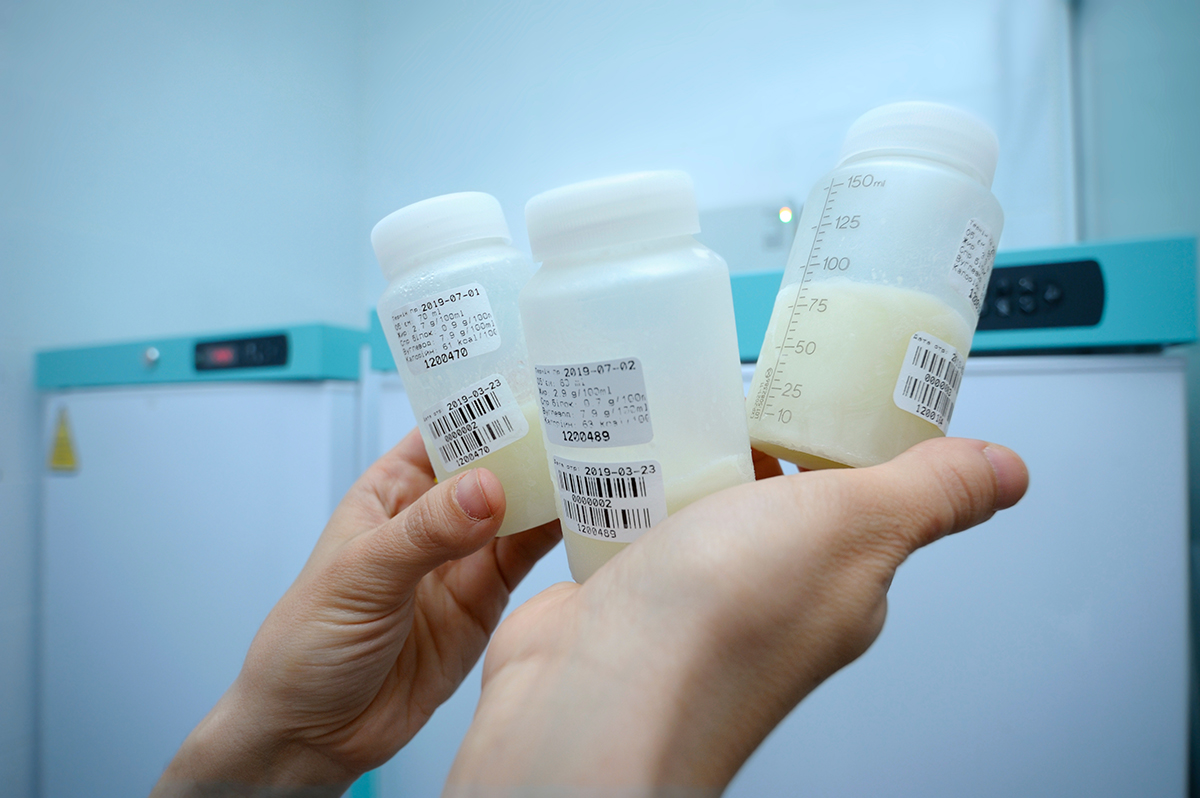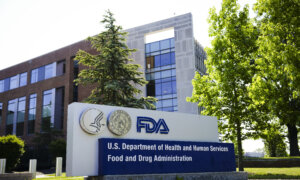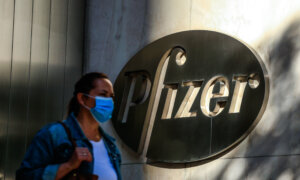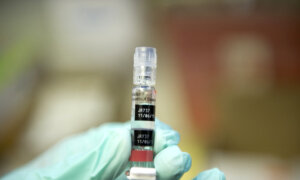As more than 70 percent of breastfeeding mothers take medications after giving birth, researchers have discovered that some prescription drugs may alter the composition of women’s breast milk, raising new questions about infant nutrition.
However, these changes fall within safe limits, according to the researchers.
High Rates of Medication Use Among Breastfeeding Mothers
The new
research, published in JAMA Network Open on Jan. 7 and conducted by a team from the University of California—San Diego, found that more than 50 percent of women take prescribed medications following childbirth. The study analyzed 384 milk samples collected from breastfeeding mothers in the United States and Canada between October 2014 and January 2024.
The study compared milk samples from mothers treated with any of the four categories of medications that were studied, including selective serotonin reuptake inhibitors (SSRIs), a type of antidepressant, monoclonal antibodies, sometimes prescribed to prevent or treat infections, systemic steroids, which treat inflammation, and other anti-inflammatory drugs.
The average protein levels in breast milk from mothers treated with SSRIs and systemic steroids were between 15 percent and 21 percent lower compared with those of healthy mothers in the control group.
Fat and energy content were also lower in samples from mothers treated with anti-inflammatory medications. The study found that the average fat content in breast milk from mothers taking medication was 10 percent to 22 percent lower than that of mothers not taking medication.
No Change in Breastfeeding Recommendations
Most women use at least one prescription medication at some point during pregnancy, and more than half of women take a prescription
medication in the months after delivery, according to the Centers for Disease Control and Prevention.
Despite the medication use, overall macronutrient levels remained within reference ranges that were considered acceptable, according to the study authors.
The researchers emphasized that these results should not change breastfeeding recommendations for mothers treated with antidepressants and anti-inflammatory medications. However, they noted, “the growth of their breastfed infants should be monitored as per clinical routine.”
They cautioned that decreased nutritional levels could affect infant growth and potentially pose health risks, particularly for exclusively breastfed infants.
“Low nutritional levels in human milk could negatively affect infant growth and impose health risks for the breastfed infant,” the study authors wrote. However, they also noted an important limitation of the study that may influence the significance of their findings.
“The causality of these findings cannot be determined before the effects of other maternal factors, such as maternal diet and the severity of the underlying disorder, are clarified,” they wrote. This means that this study didn’t consider important factors, such as the mother’s diet quality and the severity of the condition that they were being treated for. Other limitations include the small sample size and a short study period of only 14 days.
Risks and Considerations for Breastfeeding Mothers
According to research published by the U.S. Food and Drug Administration, most antidepressants are excreted in low concentrations in breast milk, but levels vary by specific medications.
For example, the SSRIs paroxetine and sertraline yield relatively low doses for infants, whereas fluoxetine (Prozac), venlafaxine (Effexor), and citalopram (Celexa) can reach levels in breast milk closer to or above 10 percent of the maternal weight-adjusted dose. Case reports have documented adverse events in infants exposed to antidepressants through breast milk, such as irritability, decreased feeding, and sleep problems.
In contrast, for anti-inflammatories such as those used for asthma, the amount of prednisone in breast milk is considered very low, with no reported adverse effects on breastfed infants.
However, an article in the journal American Family Physician cautions that for mothers on high doses of steroids or those using steroids for prolonged periods, “breastfeeding should be delayed for four hours after a dose to decrease infant exposure.” The use of high doses may also decrease milk supply or delay lactation.














